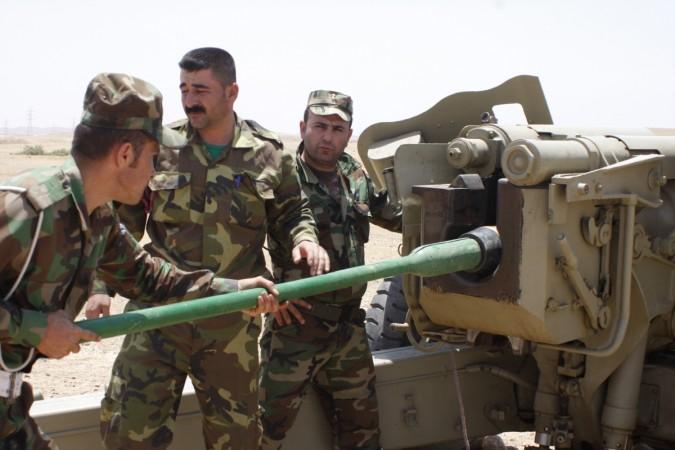
The Islamic State, previously known as the Islamic State of Iraq and Syria (ISIS), has taken control of Iraq's largest dam as well as an oilfield and three more towns after they defeated Kurdish forces on Sunday. This is the militants' first defeat of the Kurdish forces often considered as infallible fighters.
The seizure of the electricity generating Mosul Dam could lend a lot of power to the militant outfit, as they will now have the ability to either withhold water from farms or even flood major cities in Iraq.
"The terrorist gangs of the Islamic State have taken control of Mosul Dam after the withdrawal of Kurdish forces without a fight," a statement from an Iraqi state television said, according to Reuters.
The conflict between the two sides went on for only about 24 hours, before the Kurdish forces were defeated. This comes as a major blow to Iraq as the Kurdish troops had so far been resilient against the Sunni militants. They lost towns that they have held for several years. According to witnesses who spoke to Reuters, the Kurdish troops 'loaded their vehicles with belongings and fled'. The Kurdish forces, who call themselves 'peshmerga' or 'those who fight death', also reportedly fled from the town of Sinjar that the militants captured.
According to Reuters, the Islamic State said on its website that it had killed scores of Kurdish fighters, though their deaths have not been confirmed. They also captured the Ain Zalah oil field in Sunday's offensive, which is their fifth oil conquest in the country.
While the Islamic State captured three more towns in Iraq, it also fought in Lebanon on Sunday to capture a border town, and in Syrian Kurds in the town of Rabia.
The militants, who already announced an Islamic Caliphate in the occupied regions of Iraq and Syria last month, are looking to expand their frontiers. These attacks have alarmed other Arab States of the militants' Middle East ambitions. Saudi Arabia's King Abdullah has urged regional leaders and religious scholars to prevent Islam from being hijacked by the militants.
In another development, the Kurds are reportedly asking for sophisticated weapons form the United States to fight the Islamist militants. The Kurdish troops control an autonomous region in Iraq and it was so far thought that the ISIS offensive was helping their cause. However, with the defeat of Kurdish forces in three towns, the theory has been refuted.










